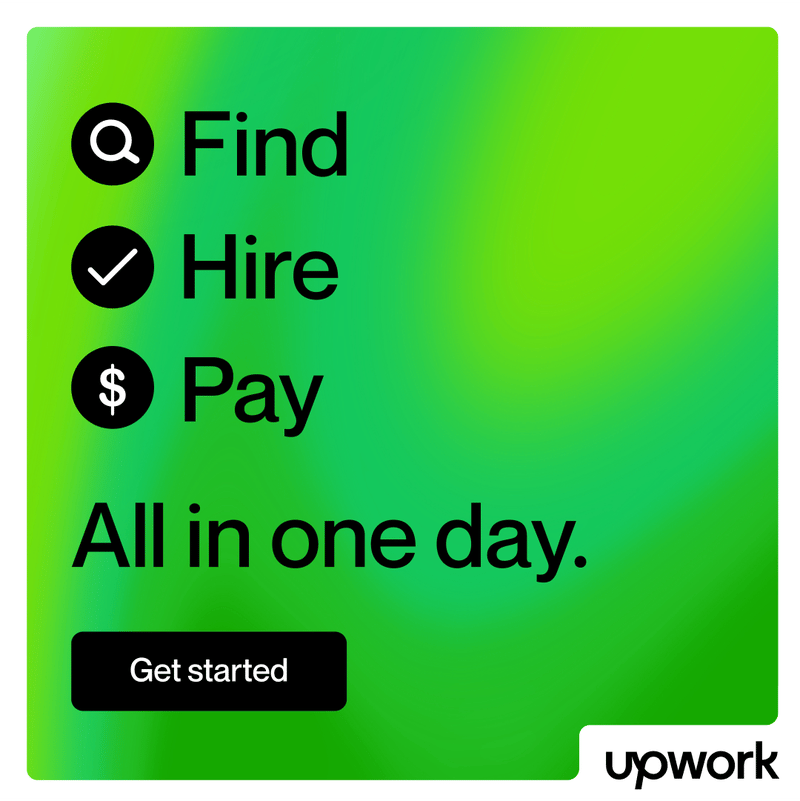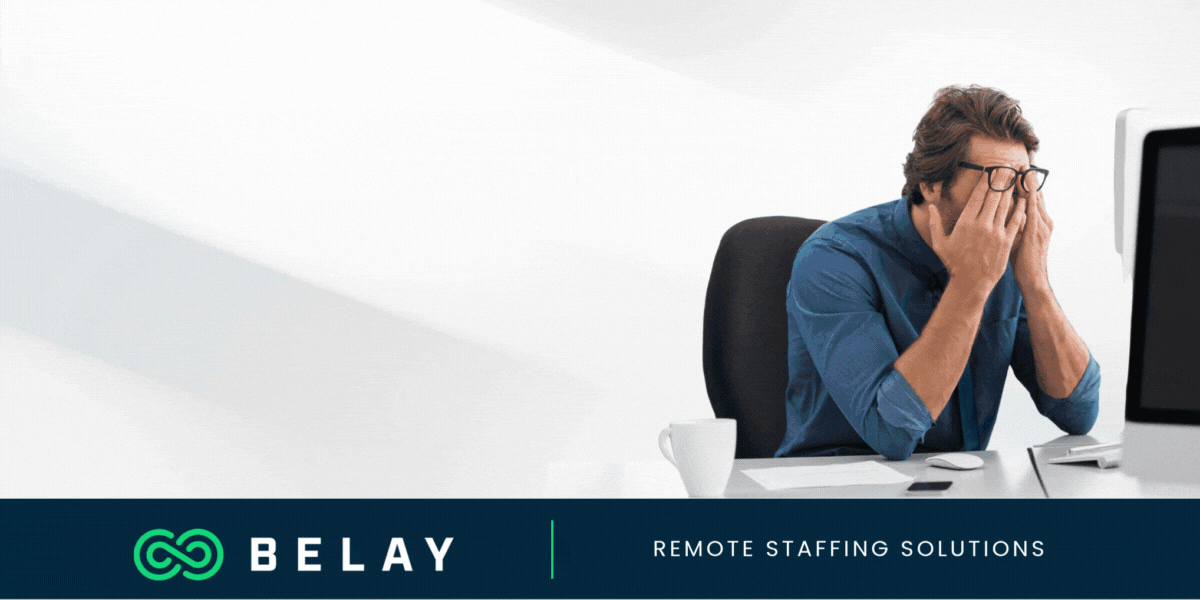- The Wolf on Wealth
- Posts
- The World's Most Haunted Airbnb
The World's Most Haunted Airbnb
Real estate's dirtiest secret: "Haunted" houses aren't unmarketable—they're mispriced.
🏚️ Think a murder lowers property value? It does—by about 30%. That discount is someone's arbitrage. Investors are buying death houses and charging premium rates for the privilege of sleeping where it happened.
Read time: 3 minutes | 696 words
STORY
🏚️ The Airbnb Haunted House Arbitrage
Someone died there. That's not a dealbreaker—it's your margin (examples).

Real estate investors have figured out what everyone else avoids: stigmatized properties aren't worthless. They're mispriced.
💀 The Discount: 30% Below Comparable
"Murder houses," suicide properties, homes with violent histories—they sit on the market. Neighbors whisper. Buyers lowball or walk away entirely.
The result? Consistent 25-35% discounts compared to identical homes three blocks over. One investor in New Orleans picked up a documented "haunting" for $180K. Comps: $260K.
Here's what realtors won't say: The stigma is permanent, but so is the discount. You're not removing it. You're leveraging it.
🎃 The Flip: October at 300% Premium
List it on Airbnb in September. Lean into the history. "Stay Where It Happened." Paranormal investigation equipment included. Minimum 3-night booking.
Standard rental: $150/night.
October rate: $450-$600/night.
Booked solid: 28 nights straight.
One operator in Savannah runs four "haunted" properties. October alone covers six months of mortgages.

👻 The Year-Round Play: Ghost Tour Partnerships
The smart money doesn't stop at October. Local ghost tour companies need destinations. Your property becomes a stop—sometimes the finale.
The deal: $50-$100 per tour group, 3-5 groups weekly. Tours photograph the exterior, sometimes rent the interior for "evidence sessions."
Add it up: $15K premium revenue in October, plus $8-12K annually from tours. On a property you bought at a 30% discount.
The result? These investors don't fix the stigma. They productize it.
You're not buying a haunted house. You're buying a recurring revenue stream everyone else was too superstitious to see.
TOGETHER WITH UPWORK
Great teams shouldn’t take months to build. Upwork Business Plus helps you hire faster by connecting you with top 1% freelance talent across marketing, design, development, and more—plus Uma Recruiter, your AI-powered hiring partner.
Spend $1,000, get $500 back in Upwork credit. Offer ends 12/31/25.
INSIGHT + ACTION
🏚️ 4 Lessons from the Haunted House Arbitrage
1. Buy What Everyone Else Avoids. Murder houses sell at 30% discounts because buyers see stigma, not spreadsheets. The property didn't lose value—the market lost objectivity. Irrational fear creates rational arbitrage.
Action: Hunt for assets others avoid due to perception, not fundamentals. Bankruptcies, lawsuits, PR disasters, regulatory scares—if the discount exceeds the actual risk, the stigma is your margin. Buy what makes people uncomfortable.
2. Stack Revenue Streams on the Same Asset. These investors don't just rent the house. October premiums, year-round ghost tours, paranormal investigation bookings, content licensing. One property, four income sources—all leveraging the same "feature."
Action: Every asset you control should generate income from multiple angles. Don't optimize one revenue stream—design for three. Subscriptions, licensing, partnerships, events. If your asset only makes money one way, you're leaving 60% on the table.
3. Seasonality Isn't a Bug—It's Surge Pricing. October rates hit 300% of baseline. Booked solid for 28 nights. The seasonal spike isn't unpredictable—it's the business model. Plan for it, price for it, capture it.
Action: Identify when your product has 10x demand and price accordingly. Don't smooth seasonality—exploit it. Make 40% of annual revenue in 8 weeks. Charge what the moment is worth, not what feels "fair."
4. Reframe the Flaw as the Feature. The history doesn't get hidden or fixed. It gets photographed, documented, marketed. "Stay Where It Happened" isn't apologizing—it's positioning. The liability became the headline.
Action: Stop fixing what makes you different. Productize it. The thing customers question, competitors mock, or investors red-flag—that's your differentiation. Market the controversy, not around it.
These operators proved that "damaged goods" is a pricing failure, not an asset failure. They didn't eliminate the stigma—they charged admission to it.
More Halloween-inspired reads:
TOGETHER WITH BELAY
Drowning in Details? Here’s Your Life Raft.
Stop doing it all. Start leading again. BELAY has helped thousands of leaders delegate the details and get back to what matters most.
Access the next phase of growth with BELAY’s resource Delegate to Elevate.
MEME
@britty_paige #MemeCut #Meme #MemeCut






